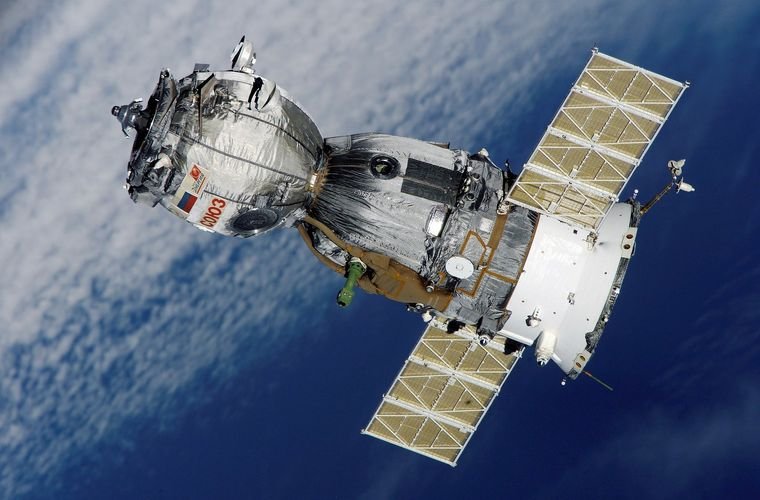It’s easy for us to take the internet for granted, and when we Google something or check our email, we may forget that our requests often make their way through a complex satellite communications system. Currently, there are 7,941 satellites in Earth’s orbit, making this system feel crowded. While countries and organizations are planning to add to this number, many experts are criticizing these plans as the next wave of colonialism.
Background: Satellite Costs and Slots
Since Sputnik, the first satellite, was launched in 1957, the cost of satellites has gone way down, making it easier for countries to launch them. For example, SpaceX offers a satellite cost of around $1,300 per pound to launch, which is relatively cheap. Unfortunately, with more countries able to launch this technology, the parking spaces for these satellites are becoming more limited. The optional spot for a satellite is around 22,250 miles above Earth, in the geostationary orbit. There are around 1,800 satellite parking spots in this orbit, and as of earlier this year, 541 of them are occupied. The rest of these slots are quickly becoming claimed by developed countries and organizations, making the next space race a mad dash for satellite slots.
Owning satellites is not only a source of pride for a country but also allows that country better control over internet access and communications. For countries where censorship is common, such as China, country-owned satellites can make the censorship process easier.
Analysis: The Satellite Gold Rush
These parking spots are handed out by the International Telecommunication Union, an agency within the United Nations. While the parking spots are free, they are given on a first-come-first-served basis. For satellites needing to be replaced after their lifespan of 15-20 years, a country can replace them and renew ownership of the parking spot, unfortunately allowing countries to keep the spot almost indefinitely. Added to this constrain is the amount of space debris in Earth’s orbit, which can limit parking spots as well as block satellites. To get around this issue, several organizations are trying to put satellites in a lower orbit of only 1,000 miles above Earth. Both SpaceX and Blue Origin are planning for thousands of new launches into low orbit, with SpaceX hoping for 30,000 new satellites in this area. Because these organizations have the funds to do this, they are slowly creating a monopoly within these orbits,
Outlook: Fewer Rules, More Space Junk
With this current race to claim satellite parking spots, fewer countries are considering how their efforts may add to the growing amount of space debris that encircles the Earth. For more developed countries who are quickly claiming the few remaining open spots, adding more space debris may not matter, even if this debris affects other areas of the world. Currently, there aren’t enough regulations in place for how countries should conduct themselves in spaces which allows many to take advantage of the lax standards.
One of the only policies in place is the 1967 Outer-Space Treaty, stating that space should be used “for the benefit and interest of all countries.” However, with the actions of many countries and organizations today, who knows if this treaty will continue to be observed by everyone going forward into what appears to be an increasingly complex future for Earth, and the objects in its orbit.
Kenna Castleberry is a staff writer at the Debrief and the Science Communicator at JILA (a partnership between the University of Colorado Boulder and NIST). She focuses on deep tech, the metaverse, and quantum technology. You can find more of her work at her website: https://kennacastleberry.com/

